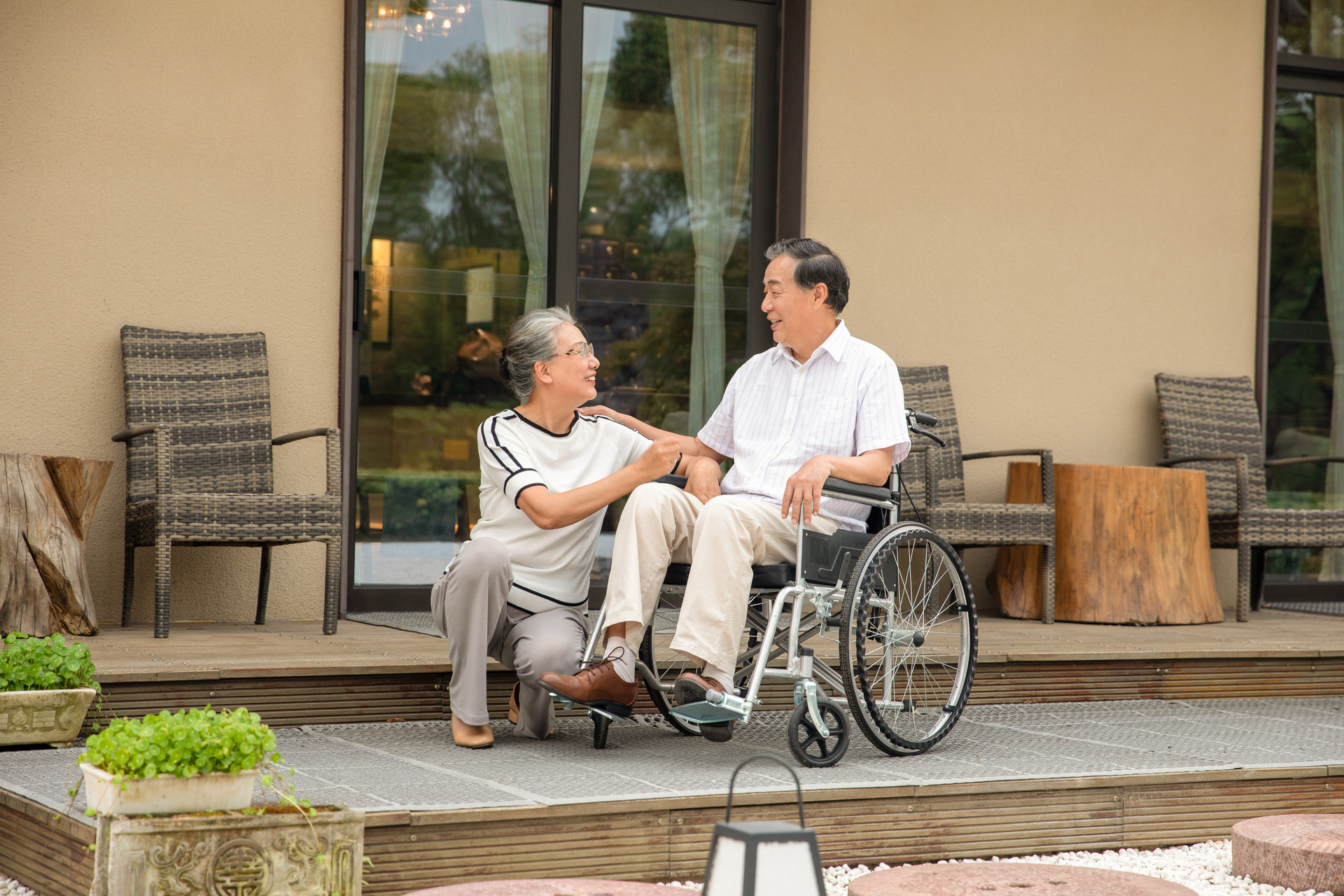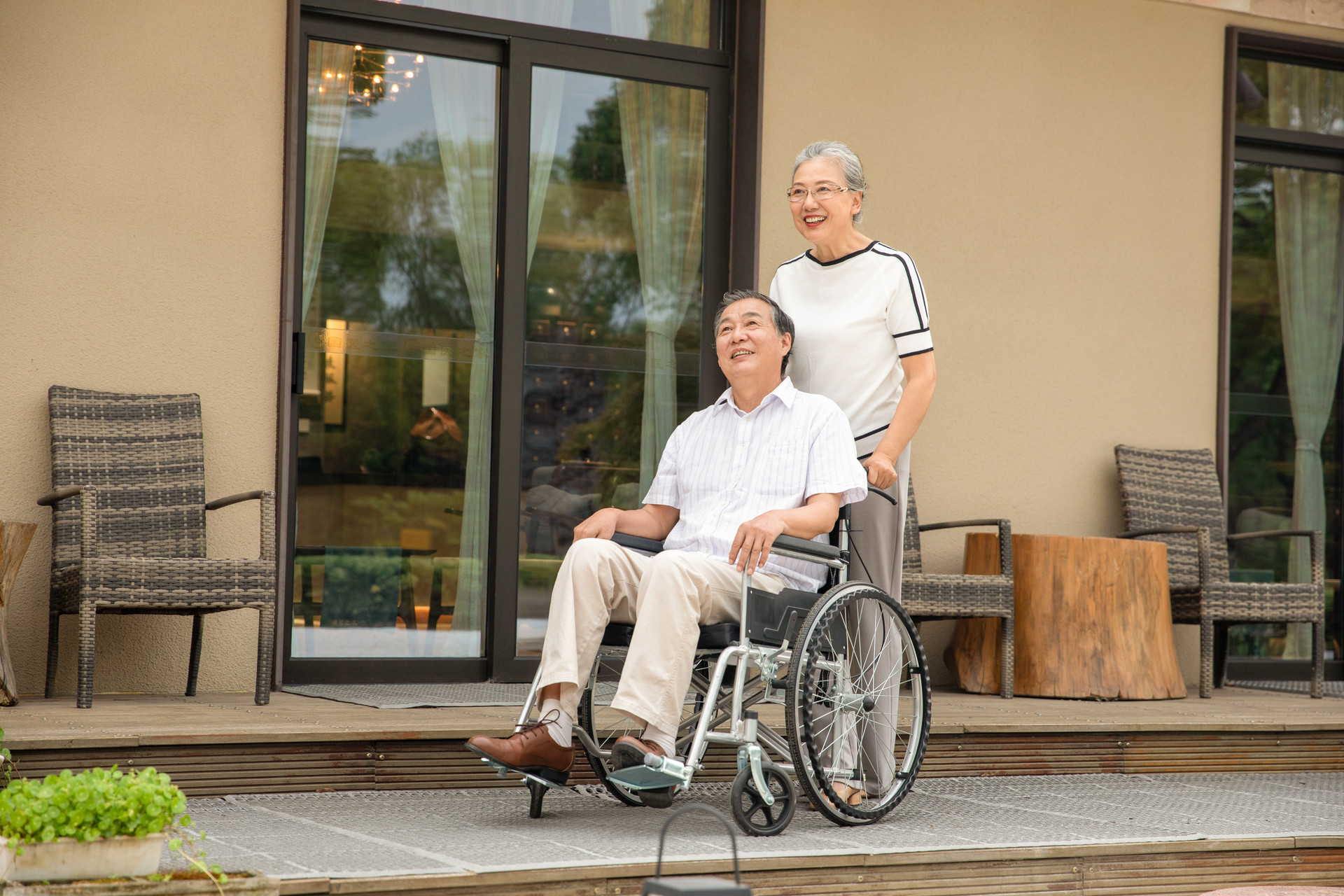
Respecting and caring for the elderly is a traditional virtue of the Chinese nation. Children always guide their parents on how to eat and exercise to maintain good health. The elderly also learn about health and wellness through television, newspapers, radio, and health lectures. However, the abundance of wellness information in society makes it difficult to distinguish between truth and falsehood. Experts have summarized eight common misconceptions about wellness, hoping to help the health and wellness of the elderly.
Misconception 1: Refusing to accept aging
Some elderly people feel that they are not sick and still strong, so they engage in high-intensity sports such as climbing, swimming, running, and playing ball, which can lead to muscle injuries and fractures. Some keep working hard even after retirement, which can cause fatigue-related illnesses.
Explanation: With age, the body undergoes many degenerative changes, and the functions of muscles, bones, and organs weaken. The elderly should have a rational understanding of this and exercise within their limits, choosing suitable forms of exercise such as walking, Tai Chi, Eight Section Brocade, and Five Animal Frolics.
If suffering from chronic diseases, it is advisable to limit work to avoid feeling tired.
Misconception 2: Being too frugal and thrifty
Some elderly people are very thrifty, reluctant to throw away leftovers and even eat moldy food, believing that as long as the leftovers are not spoiled and the moldy parts of food are removed, they are safe to eat.
Explanation: Leftover food can easily breed bacteria, and consuming it can lead to gastrointestinal diseases. Some reheated vegetables contain a high amount of nitrites, which can be carcinogenic. Leftover food should be consumed within a day, and leftovers should be consumed within 5 to 6 hours. Cold dishes and leafy vegetables are best consumed immediately. Before eating leftovers, it is necessary to heat them at high temperatures to kill bacteria.
Eating moldy peanuts, corn, soybeans, nuts, and other foods can lead to acute poisoning or even death due to the production of aflatoxins. Prolonged low-dose exposure can also increase the risk of cancer. Washing and cooking at high temperatures cannot destroy the toxins, and removing the moldy parts does not eliminate the harm of mold. Therefore, moldy food should not be consumed.
Misconception 3: Lowering blood pressure and cholesterol by avoiding oil and salt
Research has found that a diet high in oil and salt can increase the risk of hypertension and hyperlipidemia. Therefore, some health-conscious elderly people choose to eliminate oil and salt from their diet in order to avoid the risk.
Explanation: Excessive salt restriction can lead to insufficient sodium intake, causing an imbalance in intracellular and extracellular osmotic pressure, leading to edema. Edible oil is also essential, and completely eliminating oil from the diet can lead to a deficiency in certain nutrients.
The elderly should learn to control oil and salt correctly. The "Chinese Residents' Dietary Guidelines (2016)" recommend a daily salt intake of less than 6 grams and an oil consumption between 25 grams and 30 grams.
Misconception 4: The more calcium, the better
The concept of calcium supplementation is deeply ingrained, and many elderly people believe that the more calcium they consume, the stronger their bones will be, so they take a large amount of calcium supplements.
Explanation: In fact, excessive calcium intake can be harmful to health, even leading to certain diseases. Individuals over the age of 60 are recommended to consume 1000 milligrams of calcium per day. The safest and most effective way to supplement calcium is to eat calcium-rich foods such as dairy products and soy products in moderation. It is also important to quit smoking, exercise moderately, and reduce bone loss.
Misconception 5: Longevity through excessive consumption of health supplements
With the improvement of living standards and material abundance, the elderly are willing to spend a lot of money to buy health supplements such as ginseng, deer antler, and lingzhi, considering them as the key to longevity and consuming them in large quantities.
Explanation: As the body ages, its various functions gradually weaken. Proper supplementation can slow down the decline in physiological functions and delay the aging process. However, supplementation should be based on individual body conditions. Randomly consuming supplements without considering individual body conditions and symptoms can lead to certain diseases. It is important to consult a professional doctor to determine the appropriate supplementation based on individual body conditions and symptoms. Generally, a balanced diet is sufficient to meet the body's nutritional needs, without the need for additional supplementation. If supplementation is necessary, priority should be given to food-based supplements.
Misconception 6: Dental care is a waste for the elderly
Due to a lack of emphasis on dental care, many elderly people lose their teeth early but don't see it as a big deal. They think it is normal to lose teeth and consider dental crowns or implants a waste of time and money.
Explanation: Tooth loss directly leads to a decrease in chewing function, increasing the burden on the digestive system and hindering the intake of sufficient nutrition through diet. Neglecting oral hygiene can also lead to problems such as tooth decay and alveolar bone atrophy. Therefore, the elderly should pay attention to oral hygiene, brush their teeth in the morning and evening, rinse their mouth after meals, and have regular dental cleanings. If there are missing teeth, they should be repaired in a timely manner to maintain chewing function.
Misconception 7: Periodic "flushing of blood vessels" prevents strokes
Early spring and late autumn are high-risk seasons for strokes. To prevent strokes, many elderly people choose to receive intravenous therapy during these two seasons. They believe that intravenous therapy can flush out blood lipids and prevent blood clots, thus preventing strokes.
Explanation: Short-term intravenous therapy cannot prevent strokes or "flush" blood lipids. It is simply a psychological comfort for the elderly. Stroke prevention is a long-term process that requires intervention based on the causes of the disease. It is also important to maintain a good mental state, have a balanced diet, maintain a regular routine, engage in appropriate exercise, and avoid relying on health supplements.
Misconception 8: The earlier the morning exercise, the better
Some middle-aged and elderly people have poor sleep, so waking up early is a common habit. They may even start exercising before 6 am and believe that the earlier they exercise, the better.
Explanation: Morning exercise should not start before 6 am. Before 6 am, photosynthesis in green plants is not complete, resulting in a high concentration of carbon dioxide in the air and a low concentration of fresh oxygen. This can easily lead to colds and joint diseases. In addition, in the early morning, the tension of coronary arteries is high, and the sympathetic nervous system is relatively excited, which can easily lead to cardiovascular diseases. Elderly people should not start their morning exercise before 6 am in the summer and even later in the winter. It is important to wait until after the sun rises to exercise in the morning. Drinking water and having a good breakfast before going out is also important to avoid low blood sugar levels. Parks or open squares with good visibility are suitable for exercise, and it is important to avoid exercising near busy roads.
Experts remind that maintaining a healthy lifestyle involves paying attention to comprehensive dietary nutrition, regular routines, optimistic emotions, moderate exercise, and regular check-ups to detect and treat health issues early.










